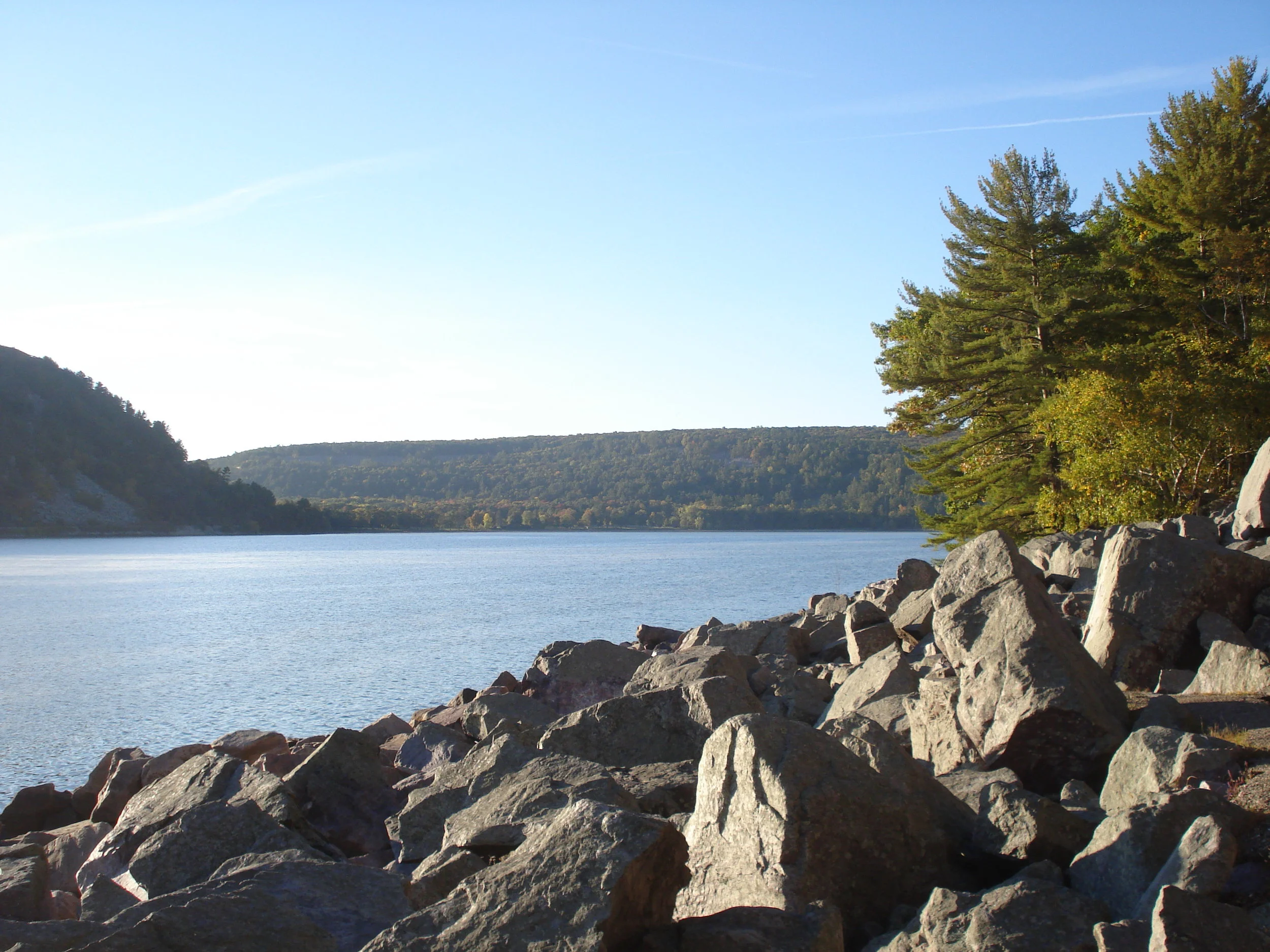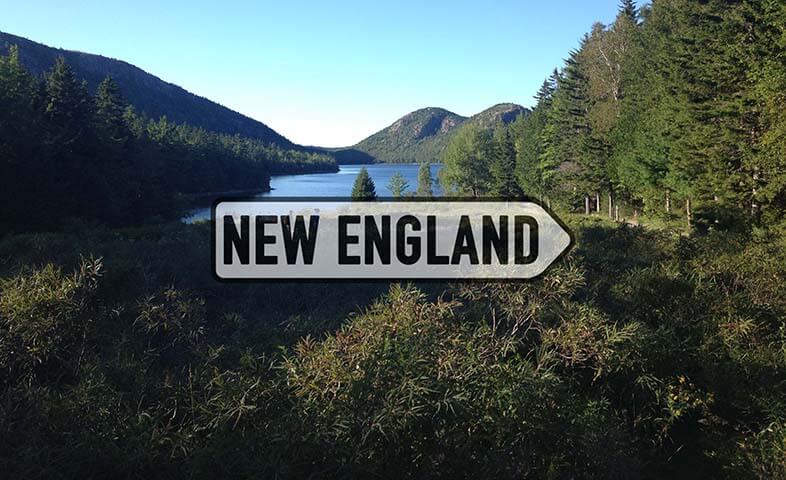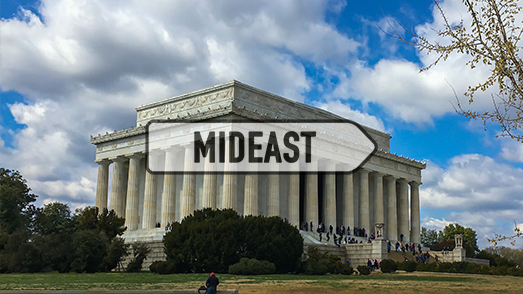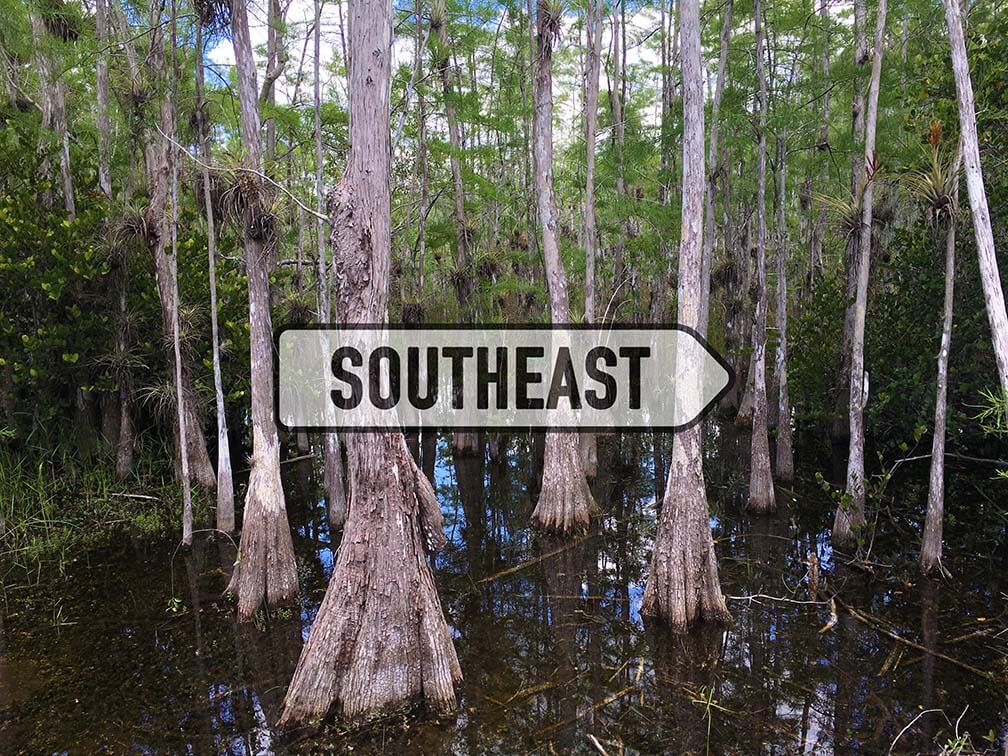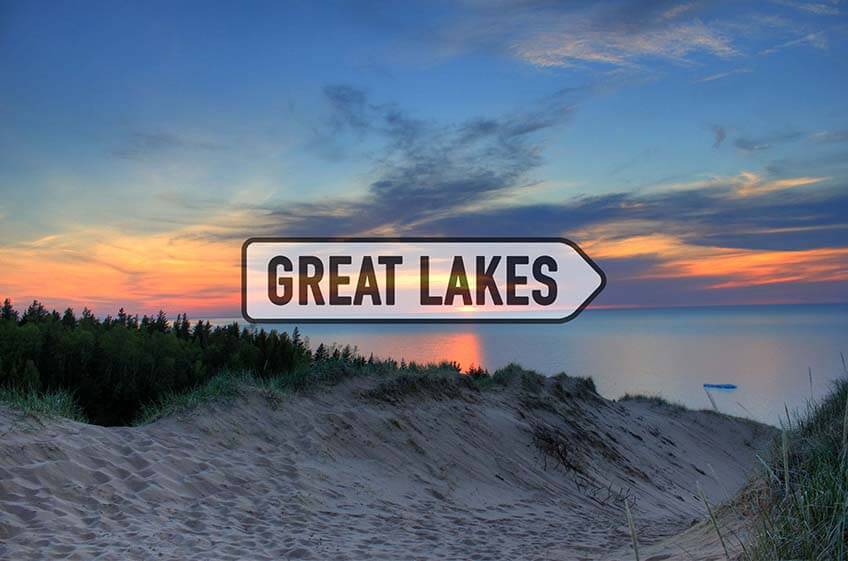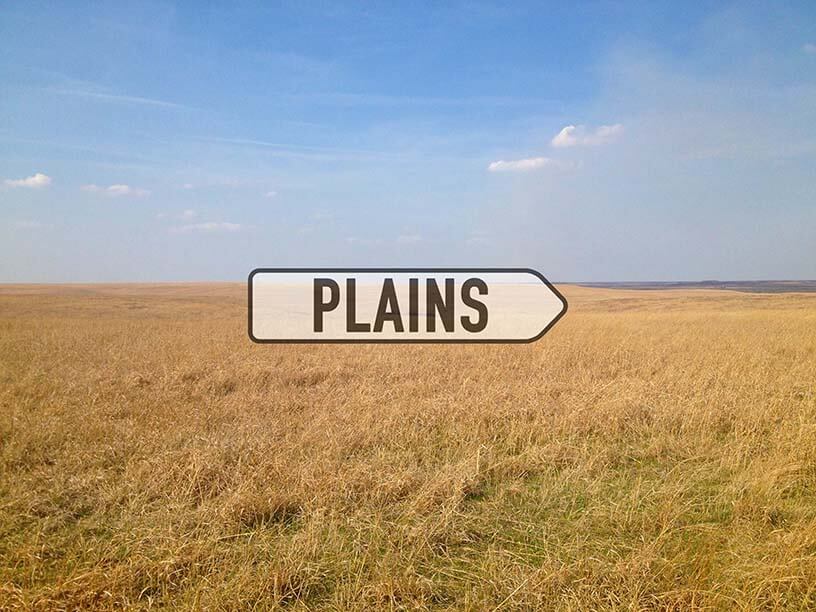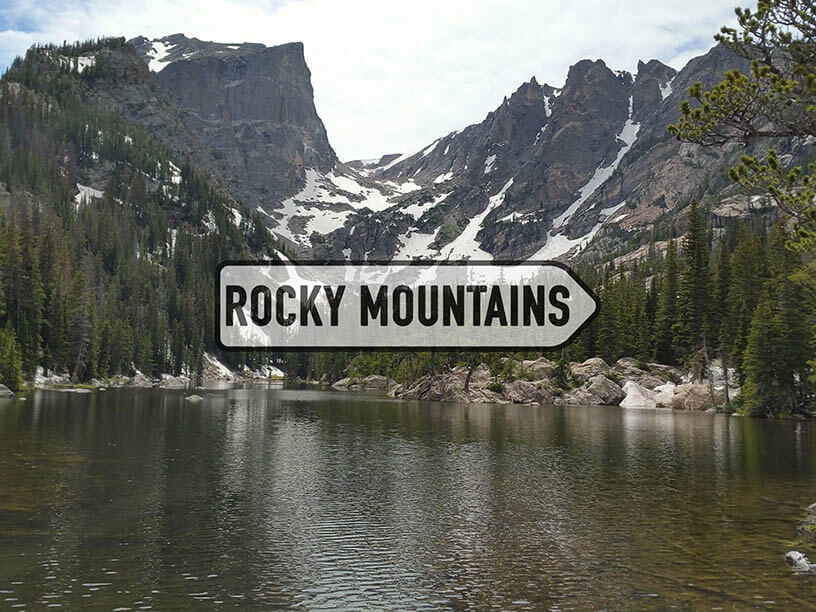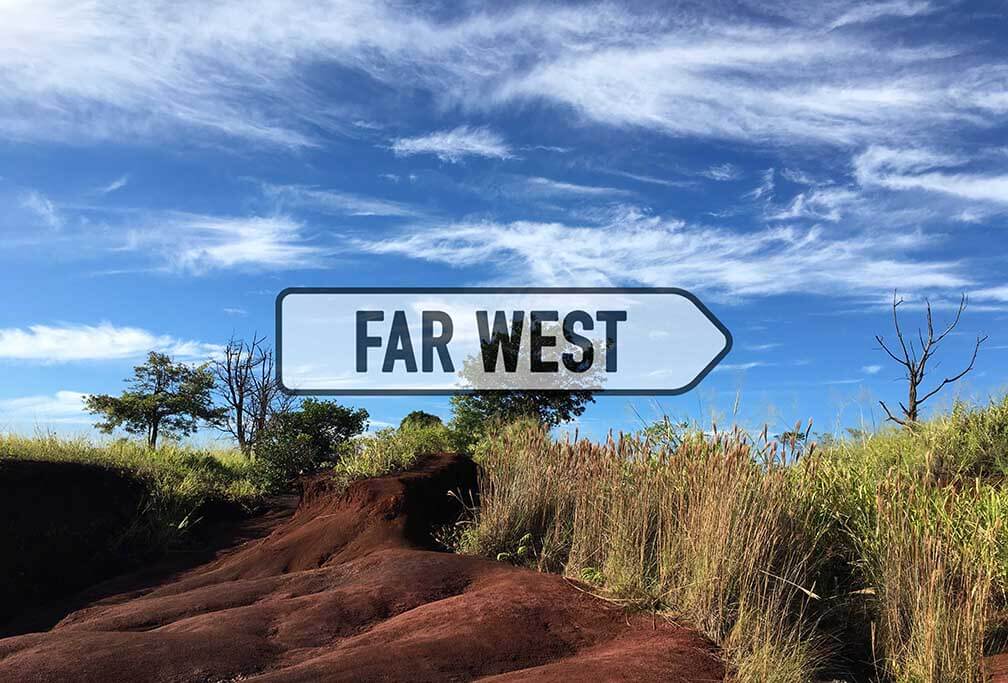Spirit Lake
By J.d. Lin
J.d. Lin explores Devil’s Lake State Park in Wisconsin.
The summer after I graduated from law school, while classmates flew to places like Bali and Prague for celebratory “bar trips,” I took a solo drive across the American Midwest. My trip was impromptu and also something I’d looked forward to for a long time. Its parameters were iffy, but the idea of driving for hours toward an infinite horizon, scrolling through the radio, sharing my space with nameless, charmingly steady truck drivers, seemed to be just what I needed. In a few weeks, I would start my job at a law firm in New York City and I would never have the chance to be this free ever again.
I flew into Chicago, where the guy I’d dated during law school was living for the summer. He had accepted a job at the Public Defender’s office in a town in southern New Mexico that I’d never heard of. I’d Googled this town and saw mountains — enormous, jagged, rusty — and straight roads that led right up to them. It seemed a metaphor for our relationship. At Midway International Airport, I stood at the curb looking into a concrete parking garage and the early morning gray-white sky. My ex, Mark, pulled up in a camel Buick, a car that belonged to his grandparents and that he’d drive all the way to New Mexico to start his new life. I had about two seconds to take him in—the faded sweatshirt, the gold-wired glasses, the sleep in the folds of his eyes, unwashed — before he kissed me. I kissed him back.
Seeing Mark was one of the few certainties of my trip. The other was visiting my childhood apartment in Milwaukee. After that, I would drive west for a week until I had to catch my flight home.
My friends from law school had talked about their “bar trips” for a while. One enrolled in a month-long surfing camp in the Pacific Islands. Another would backpack through Europe with her sister. The gist was the same — graduating from law school, taking the bar exam, starting our adult jobs with our new apartments and wardrobes and lives — it was a time for great celebration. The next chapter of our lives were bound to be better and brighter. Finally, responsibility. Finally, money.
For some reason, I couldn’t get excited. In quiet moments, I’d allow myself to acknowledge that I was in the wrong profession. I wanted to be a writer, not a lawyer. The best response I had was, oh, what can you do about it now? By then, I had lived in New York City for seven years. I saw myself becoming this corporate, streamlined person, the kind who walked down the street typing on her BlackBerry and carrying a coffee with a stiff purse hanging from her elbow, and I didn’t know how to stop the transformation. What I felt about my future, on a good day, was something just short of dread, a melancholy restlessness, but at least it was easy to explain to my parents and their friends. I was confused. I was young, only twenty-four years old. I was in six-figure debt. The form of celebration I craved the most was to get away. The only kind I thought possible was a temporary escape. So I did.
From Chicago, I drove to Milwaukee. I started to hyperventilate when I saw that familiar metal-wire bridge over the freeway because it looked the same as I remembered, except smaller. I used to stand at the center of it with my mother and watch the traffic —r ed lights on the right side, white lights on the left. I parked in front of my old home and gazed up at the second-floor window, the one that once was mine. I got out of my rental car and walked around the building, sat on the back steps, looked down at my feet the way I used to as a kid and tried to understand how much the world had changed.
That first night alone, I stayed at a motel outside of Madison. Through the walls I heard a TV sitcom and once, when the audience laughed, the man who was staying in the room next to mine did too. I was getting ready to take a shower and I remember holding my towel to my chest and seeing my face frozen in the mirror when I heard that man’s deep, smoky laugh. In a moment of panic, I propped a chair against the door.
Over the next few days, I drove across Wisconsin, Minnesota and South Dakota. I got better at traveling alone. I stopped suspecting that every man could only either help me or hurt me instead of just leave me alone. I didn’t prop any more chairs against doors. I sang along to Fun. on the radio and followed levelheaded truckers for miles. I ate gas station beef jerky and stopped at practically every scenic view I saw. I took pictures I’ve never sent to anyone.
On the last morning of my trip, I visited Devil’s Lake State Park in south-central Wisconsin, near a town called Baraboo. I arrived at dawn and turned on my headlights to navigate the narrow, winding roads. My light beams landed on the modest trunks of tall oaks, leafy and dark green at their tops. I turned off my radio so I could concentrate on the road, and also because I felt like I was driving not through a forest but within it. Listening to the radio, even music, seemed ludicrous.
At the heart of Devil’s Lake State Park is a bean-shaped body of water formed roughly 15,000 years ago when a glacier settled in and deposited earth, eventually leaving a deep, isolated chasm. The water in Devil’s Lake today does not flow in or out. It is, in a sense, trapped, and its English name reflects this ominous interpretation. Its original name bestowed by the native Ho-Chunk people, however, translates to something like “Sacred Lake,” or “Spirit Lake.” I learned of this later and thought it fitting.
I parked my car in an empty lot and walked down a path toward the lake. When it came fully into view, I let out a breath. My shoulders dropped. The still, gleaming surface of the water, the sudden vastness of it, was a giant sigh of relief. It seemed, somehow, like I had driven hundreds of miles and back for this.
Two squirrels, larger than I’d ever seen, chased each other into the forest. I followed them a bit and then turned down a path by the edge of the water. I walked. To my left were the oaks I had seen from my car, packed up a sloping incline with conifers and other trees I couldn’t identify. To my right were rocks of all sizes, many with smooth, flat faces, and then the water. On one of those flat rocks I set my backpack and lay down, my head resting against the cold stone. I watched an eagle in the sky and listened for what felt like a long time. I wanted to remember this moment and for some reason, the most important question to me was, what did I hear? The eagle, the slightest strokes of its wings. Tiny water ripples hitting rocks. A highway in the distance. A truck, or many. Maybe a train passing. Silence, too. It was a sound.
I left Baraboo before the sun was halfway in the sky and caught my flight back to New York. I signed a lease for a studio apartment in a high-rise building and bought a lot of clothes from Ann Taylor. That first year, I worked hours that nearly killed me, or so I complained. My coworkers became my friends and my life became bearable. Every day for three years I debated whether I could do this until retirement. I stayed friends with Mark and eventually we became a couple again. First he moved to New York and then we decided to move to New Mexico, shocking my friends and family.
Today, I live in that town where, from a distance, the roads look like they might lead right up to the mountains. Sometimes, when I need a moment alone, I get in my car and follow those roads to their ends and back.
J.d. Lin is a writer living in New Mexico. She writes personal essays and is at work on a novel. You can find her on Twitter @jiadailin.

